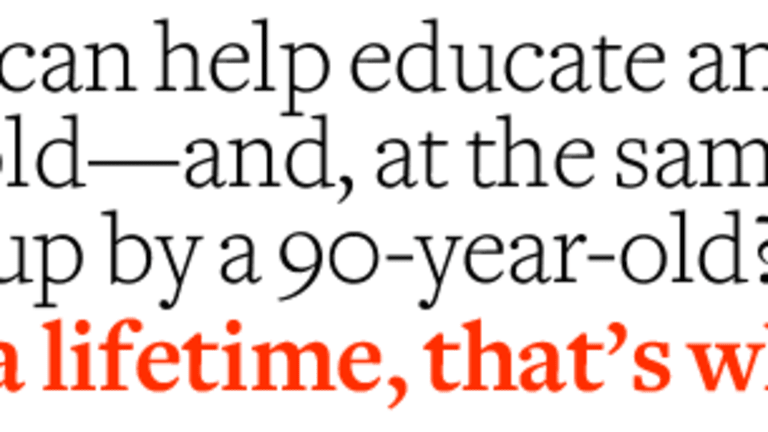I just celebrated my 91st birthday. Blessed with relatively good health, I continue to practice pediatrics full-time, and I play tennis regularly. Looking at the big picture, I’m playing with house money and really have no reason to complain about anything. But until a few years ago, I was doing just that.
Tennis has always been an important part of my life. A left-handed baseball pitcher through college, I played very little tennis until I finished my pediatric residency. Basically self-taught, thus my lousy backhand, I’ve played a few times per week for the past 60-plus years.
Thirty years ago, I received a letter from Steve Contardi, a tennis professional from Cincinnati describing his new venture, a tennis fantasy week at John Newcombe’s ranch in New Braufels, TX. Ken Rosewall’s name jumped off the page—he was one of the legends that would be there, along with Roy Emerson, Fred Stolle, John Newcombe and other past greats. Rosewall had always been my favorite Aussie pro, the epitome of the perfect player, and so I went, for what I thought would be my one and only time. It was fantastic, and Contardi insisted that I come back for the second year.
I did, relaxed and more comfortable in the environment. I was able to give back all the obscene but friendly insults aimed at me by the legends—Stolle and Cliff Drysdale were masters at this. One of Fred’s favorites was calling me “you little miserable piss-ant,” usually after I won a match against his team.
From the beginning, I was one of the oldest campers, but I still did pretty well, often beating players 20 years younger than me. I was even named MVP once. But as the years went by, my team ranking slowly but surely dropped, and my win-loss record suffered.
Five years ago, I finally decided to give up singles and compete only in doubles at the camp. The Texas heat and the overall youth of the playing group made this choice inevitable. The age differential started to become much more significant. At my age, I should have been thanking my lucky stars that I was still able to run around and remain somewhat competitive. The problem was that I still hated to lose.
Although my reflexes, balance, speed and stamina are all over 90, my competitive spirit remained a lot younger. Losing to a younger player should be OK, shouldn’t it? Maybe the answer was to only play with people older than me. The problem is that there are very few of those people around.
I remember celebrating my birthday a few years ago with my beautiful wife and equally beautiful daughter. During dinner, I asked the two most important women in my life what they thought about my dilemma. Should I be upset or happy about my tennis?
They usually don’t agree about anything, but this time they were unanimous. In their considered opinion, they concluded that I must be suffering from the early stages of Alzheimer’s—how could I not understand how lucky I was to be in good enough shape to play any tennis my age? Suddenly, their wise words penetrated my thick skull.
It took close to 90 years to finally figure things out, but the last couple of years on the court have been wonderful. Winning or losing finally makes little difference to me. Now when I walk out to play tennis it is with a big smile on my face, looking forward to a great time with a racquet in my hand.
Yes, I’d still rather win than lose, and I still get a little upset when I’m too slow to react and flub an easy shot. But more importantly, I am still out there playing, keeping my juices flowing and enjoying every minute of it. I am happy to report that I attended my 30th consecutive fantasy week in October.
To quote Lou Gehrig, from his famous farewell speech in Yankee Stadium, “I am the luckiest man on the face of the earth.” But there is no question in my mind that besides good luck, tennis is the main reason I am still here today.
